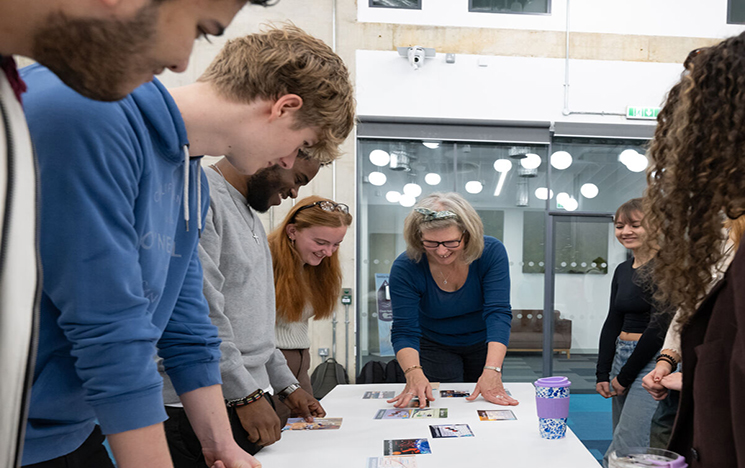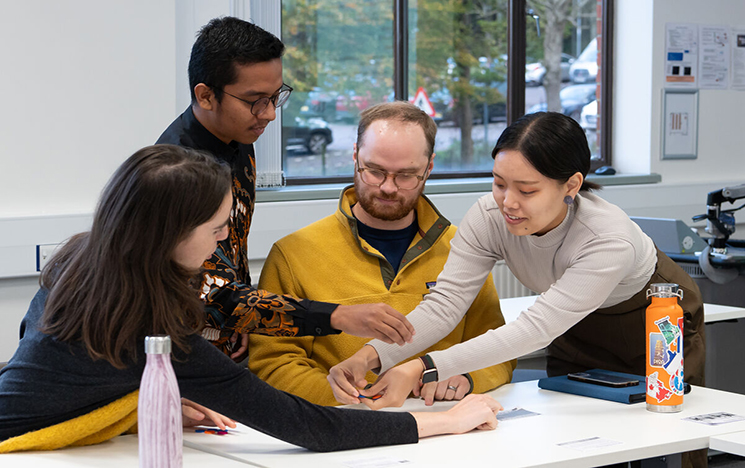Centre for Teaching and Learning Research (CTLR)
The Centre for Teaching and Learning Research (CTLR) is engaged with education in all its pedagogical and social complexity. The interests of members span local, national and international contexts and a range of formal and informal settings, running from Early Years to Higher Education and including Initial Teacher Education.
We foster the development of more holistic, contextualised and systemic understandings of education in all its many forms.
Upcoming events
No items are currently available.
Contact
Director
Dr Christina Hancock: C.L.Hancock@sussex.ac.uk.
Senior Research Centre Coordinator
Eve Wilcox: E.Wilcox@sussex.ac.uk.


